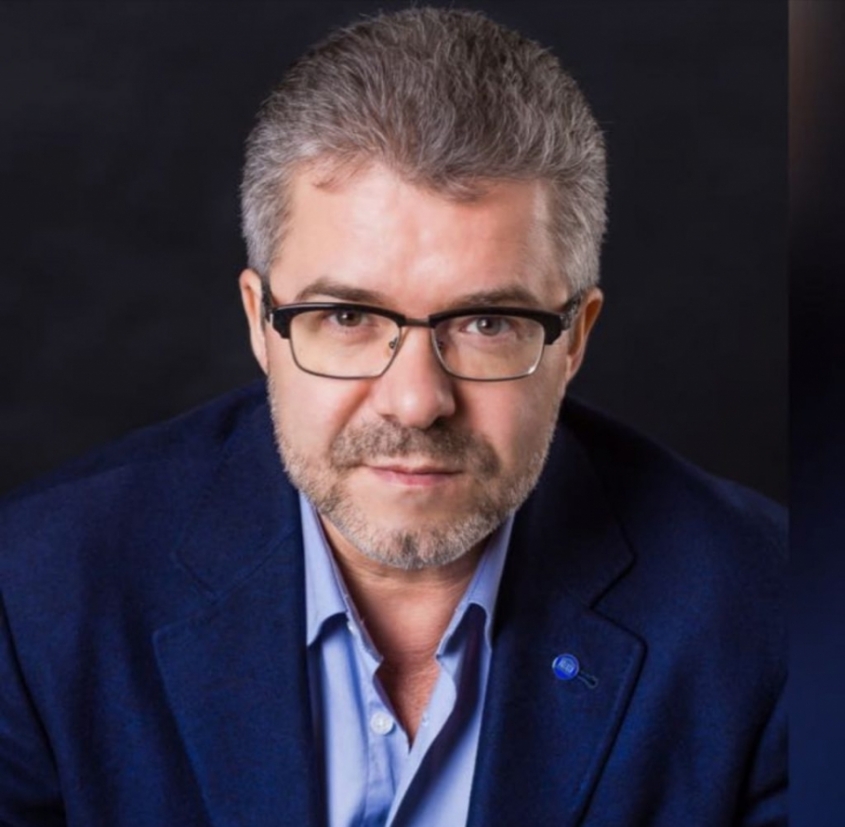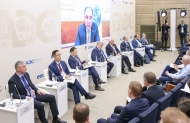
Among the risks that have clearly emerged in the Eurasian space is the speed of the processes of transformation of the world system, which no longer works. The familiar paradigm of Western world domination does not meet today's realities. New financial and technological centres of the world have emerged and are developing at an enormous speed. These were the conclusions shared by Stanislav Korolev, Deputy Secretary General of the Eurasian Peoples’ Assembly, Director of the SCO National Centre for Public Diplomacy and Chairman of the Board of the Eurasian Analytical Center following the session "EAEU - SCO - BRICS: Open Integration Dialogue", which was held at the II Eurasian Economic Forum in Moscow on May 24.
He also noted that today in the Eurasian macro-region the main trend is the appearance on the political and economic map of the world of two new economic zones, which we can call "western" and "eastern". The western one unites the countries of the Anglo-Saxon world, the eastern one - the countries of the Middle East, Asia, China, India and Russia. Many countries of Latin America and Africa gravitate towards the eastern zone. New instruments of integration and cooperation of Greater Eurasia are being formed.
“The emergence of new centers of influence in the world - China, India, Asian countries and countries of the Islamic world, make us take a fresh look at the system of interregional interaction between countries. The need for sustainable economic, cultural and humanitarian horizontal ties between the regions of these countries is becoming apparent. And in this, the tools of public diplomacy come to the fore, allowing for a balanced policy of international interaction, development and cooperation,” said the Deputy Secretary General of the Eurasian Peoples’ Assembly.
Speaking about the risks in the Eurasian space, Stanislav Lvovich emphasized that the new rhythm of the economy requires the creation of new tools for management, control and new principles of interstate interaction.
“The burden on economic unions such as the EAEU, BRICS and SCO is increasing. The need for deep and comprehensive integration of processes between these unions becomes obvious,” the expert commented.
Important, as he said, today is the development of Greater Eurasia in the paradigm of respect and good neighborliness.
“Only joint efforts will make it possible to create global unifying projects, such as the West-East and North-South trade corridors. Now it has become clear to everyone that one by one they can break any state and any people. Only the unification of efforts and joint work guarantee stability, development and security to the states and peoples of Greater Eurasia” said Stanislav Korolev.



